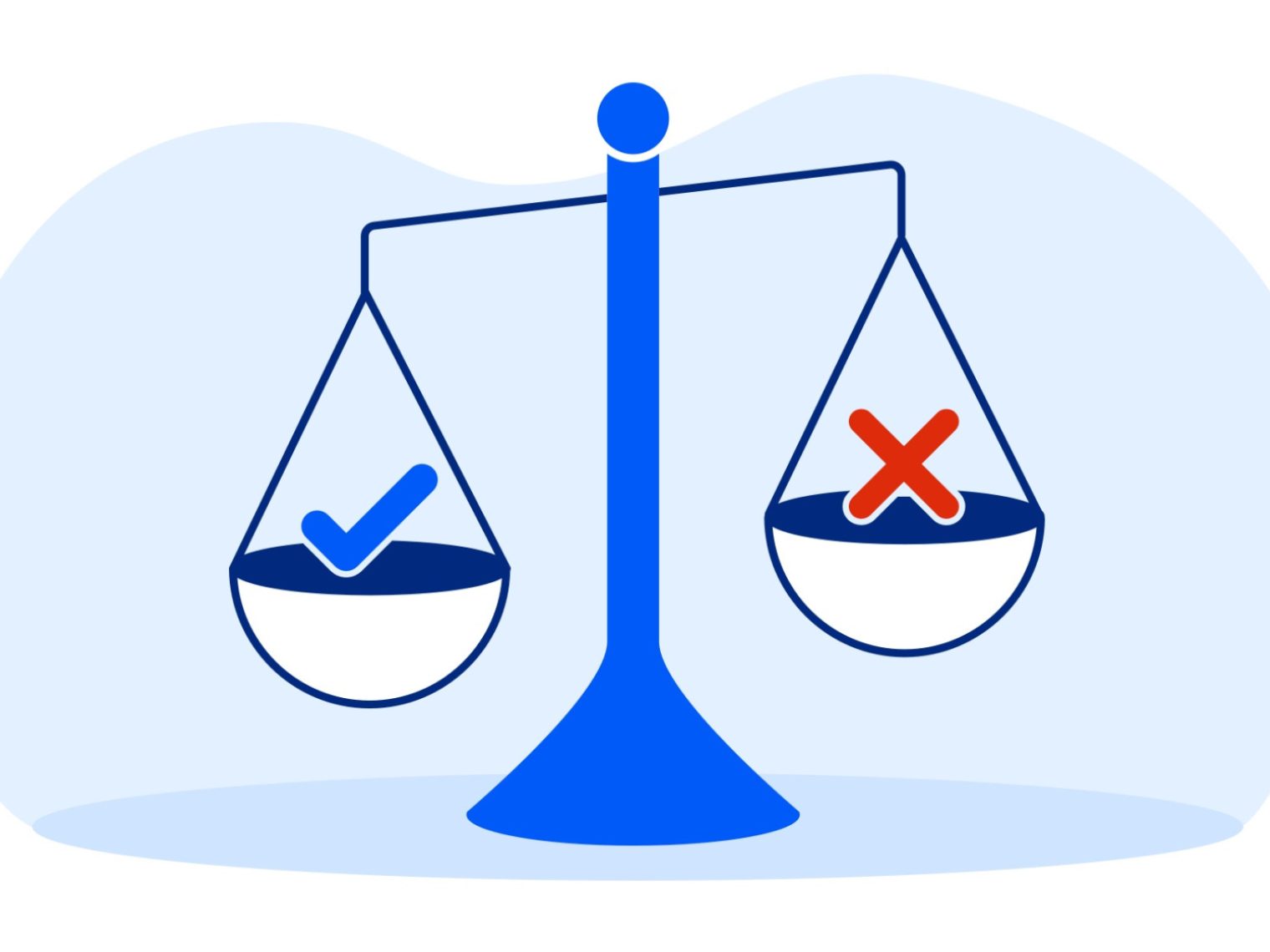- VA entitlement codes on your Certificate of Eligibility (COE) indicate how you qualify for the VA loan benefit based on your service era or special eligibility.
- You don’t need to understand your entitlement code to begin the VA loan process.
The Certificate of Eligibility (COE) is not the simplest document to decipher. That's why having a trusted VA lender get it for you is the most common path for VA borrowers.
Veterans and service members who want to know more about their COE most often ask about entitlement codes since at least one of the 11 different entitlement codes is on every COE.
Let’s explore how these codes help explain the nature of your service and eligibility for the VA loan benefit.
What are VA Entitlement Codes?
VA entitlement codes explain how a Veteran or spouse is eligible for the VA home loan benefit by representing a period of military service or alternative entitlement justification. A Veteran’s VA entitlement code can be found on the Certificate of Eligibility.
For example, Veterans who have served after the Gulf War will see the code 10 on their COE documents.
What Does Your VA Entitlement Code Mean?
The VA entitlement code located at the top of the Certificate of Eligibility details the nature of service eligibility for a qualified Veteran, active military member or military spouse.
Sometimes, an entitlement code notes your history with the VA loan itself rather than exclusively your service. For example, having a service code of 05 means you have restored your full VA entitlement to use the benefit again.
The following table translates your code into plain English:
Full List of VA Entitlement Codes
| Entitlement Code | Classification |
|---|---|
| 01 | World War II |
| 02 | Korean War |
| 03 | Post-Korean War |
| 04 | Vietnam War |
| 05 | Entitlement Restored |
| 06 | Unremarried Surviving Spouse |
| 07 | Spouse of POW/MIA |
| 08 | Post-World War II |
| 09 | Post-Vietnam |
| 10 | Persian Gulf War |
| 11 | Selected Reserves |
Common VA Entitlement Codes
Here’s a breakdown of some of the most frequently asked questions about VA entitlement codes and what they mean for your homebuying journey.
Entitlement Code 05
A VA entitlement code of 05 typically indicates you used your VA home loan benefit at least once before. The entitlement code 05 simply states that your entitlement has been “restored,” allowing you to use your VA loan benefit again.
This applies to a few scenarios:
- You sold your previous home and paid off the VA loan in full, then applied for restoration of entitlement.
- You plan to use your VA loan benefit a second time, possibly through what's known as second-tier entitlement, which allows qualified Veterans to hold more than one VA loan at a time.
If you’re a first-time homebuyer using the VA loan, you won’t see code 05 on your COE. Instead, your entitlement code will only reflect your qualifying military service period.
Entitlement Code 10
The majority of today’s Veterans who served active duty in the last 20 to 30 years receive an entitlement code of 10. This signifies an enlisted date during the Gulf War, which the VA defined as enlistment between August 2, 1990 and the present.
You must also meet the general VA service requirements for all prospective borrowers before consideration for the benefit. For example, if you served 75 days during active wartime and/or were dishonorably discharged from service, you will most likely not qualify for the VA loan.
Entitlement Code 11
VA entitlement code 11 is for those who earned their VA home loan benefit through service in the Selected Reserve or National Guard. This includes at least 6 years in the Reserves or Guard unless you qualify because of activation under Title 10 orders.
Get Your COE With Help From Veterans United
No matter your entitlement code, verifying your VA loan eligibility is a smart first step to qualify for this valuable benefit. The good news is you don’t need to have your COE in hand to start the VA loan process.
Lenders like Veterans United can obtain your COE for you, often in just a few seconds through the VA’s automated system. Connect with a Veterans United VA loan expert today.
Related Posts
-
 VA Renovation Loans for Home ImprovementVA rehab and renovation loans are the VA's answer to an aging housing market in the United States. Here we dive into this unique loan type and the potential downsides accompanying them.
VA Renovation Loans for Home ImprovementVA rehab and renovation loans are the VA's answer to an aging housing market in the United States. Here we dive into this unique loan type and the potential downsides accompanying them. -
 Pros and Cons of VA LoansAs with any mortgage option, VA loans have pros and cons that you should be aware of before making a final decision. So let's take a closer look.
Pros and Cons of VA LoansAs with any mortgage option, VA loans have pros and cons that you should be aware of before making a final decision. So let's take a closer look.

